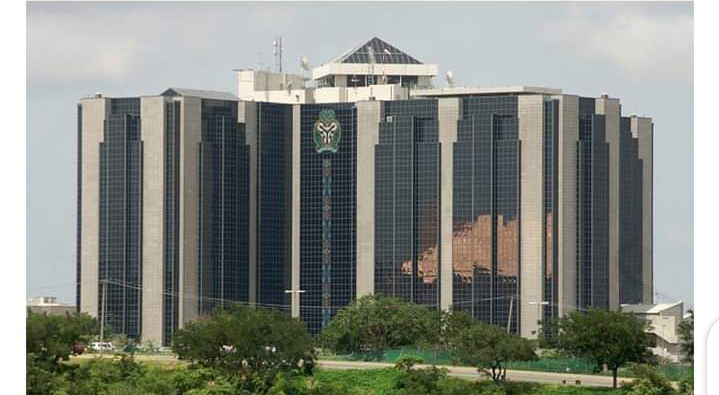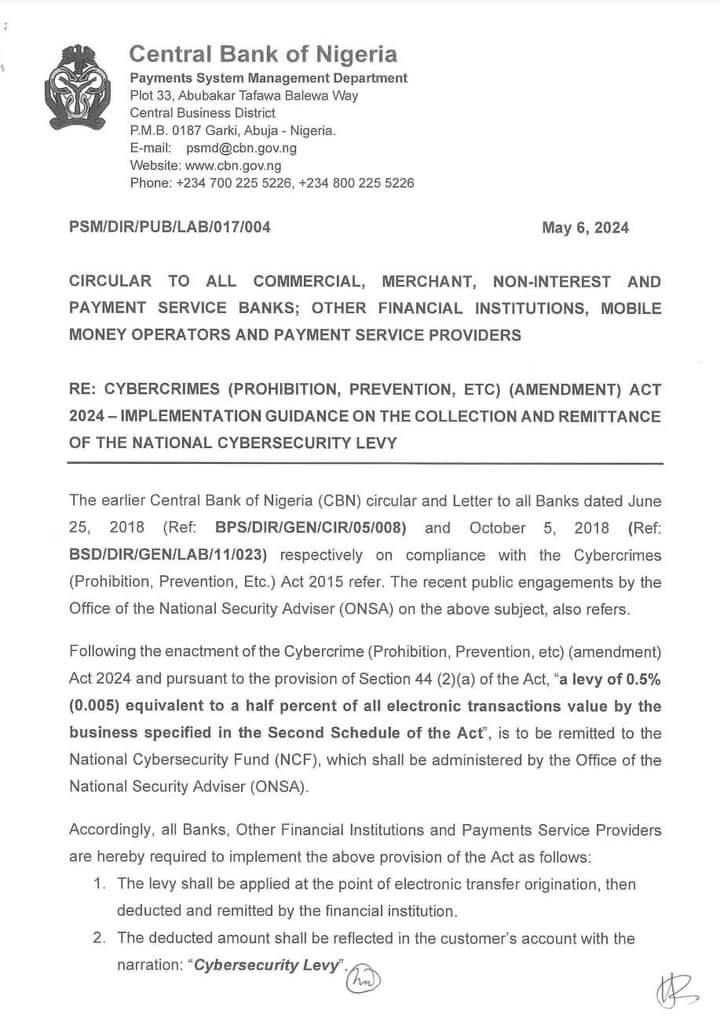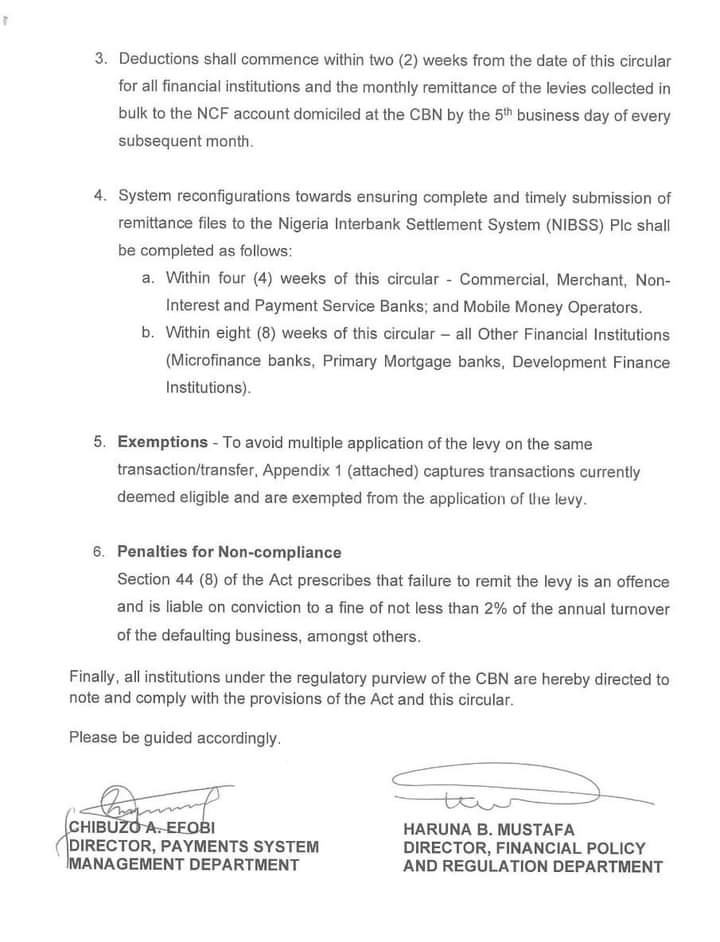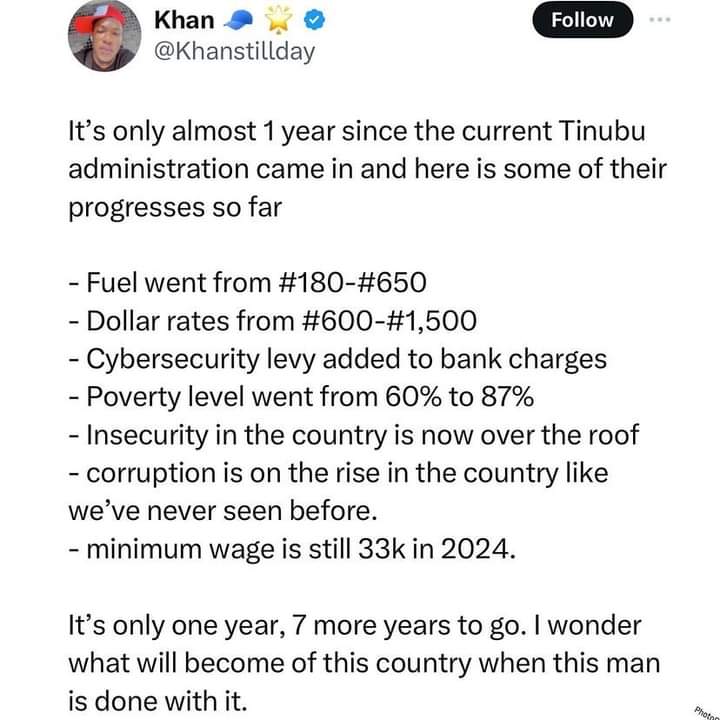Finance
Technology influence on public sector necessary for economic growth- SystemSpecs MD


. Explains how Remita has delivered value to public
and private sectors
BY: Sandra Ani
Technology has become a major economic enabler; thus nations, businesses and individuals now depend on its assistance to leapfrog and compete favourably around the globe.
Its impact on the public sector cannot also be overemphasised hence no economy can develop beyond the competencies of her public sector, especially in the digital era.
The Managing Director of SystemSpecs, Mr. John Obaro; developers of Remita, made the remarks in his Lead Paper presentation at the 1st Accounting Technology Summit (AccountTeks) hosted by the Instituted of Chartered Accountants of Nigeria (ICAN) in Lagos on Monday.
For this reason, he said, there is urgent need to initiate Government-Private partnerships in technology to undertake significant national initiatives.
Mr. Obaro whose presentation dwelt on “Technology-Enabled Transformation of the Public Sector”, maintained that private sector will become more attuned to Federal Government e-governance initiatives when provided with incentives such as liberal tax laws for companies willing to invest in IT products.
He said, “The Public Sector is charged with the responsibility of formulating and executing government policies for the advancement of the country. So, whatever laws they put out there will either attract top home and foreign based talents who can do things to move our country forward or scare them away.
“A typical example is a small country of 2.8 million people called Estonia: less than 30 years ago, this was a painfully poor country, limited in modern technology penetration. The leaders decided to create a unique selling proposition. They decided to invest the scarce resources of the new independent state into building internet connection and equipping schools and public libraries with free internet. Repairing potholes or crumbling school buildings had to be forgone in order to invest in the new technology
Leaders must be willing to see and go beyond populism.
“In Estonia today, the digital authentication and signature system used by the whole population has been estimated to save up to 2% of GDP annually. The microeconomic effect of the well-developed ICT sector is even bigger.
“This comes at about 7%. The efficiency of these services has outweighed the cost of investment. Having a digital society has also fostered a culture of innovative technology companies.
“Today Estonia has the highest density of unicorns – roughly 1 per million citizens: Taxify, Skype, TransferWise. You reap what you sow.
How Remita has delivered value to public and private sectors
He added that it was commendable that Government now appreciates the need to harness indigenous solutions to solve national problems like leveraging Remita to drive the Treasury Single Account (TSA).
“There have been a number of initiatives to apply technology to public sector transformation in Nigeria – IPPIS, GIFMIS, ITAS, National ID, BVN, TSA, etc. These have involved both foreign and local players, including SystemSpecs.
“A key example of the application of technology to public sector transformation in Nigeria is the Federal Government’s Treasury Single Account (TSA) initiative. TSA Revenue/Receipts Collection implementation came into national limelight in September 2015 when His Excellency, President Muhammadu Buhari gave a firm directive to all MDAs to become TSA compliant in respect of all payments and collections.
“Remita manages an interbank platform which rests on a Straight Through Processing (STP) integration with all banks and over 400 microfinance banks”.
He said that this allows a hitch-free collection of funds for all government parastatals into the Treasury Single Account at CBN
“Funds are also disbursed to beneficiaries from the Treasury Single Account”, Mr. Obaro said.
Members of the panel also applauded SystemSpecs for the uniqueness of the Remita solution which has helped to entrench transparency, accountability, convenience and simplified approach to collect and make payments.
Source: TechEconomy.ng
Finance
Banks To Now Charge 0.5% Cybersecurity Levy As Directed By CBN; Netizens React


The Central Bank of Nigeria (CBN) has directed deposit money banks in the country to start charging 0.5% cybersecurity levy on some transactions done by their customers.
The apex bank gave the directive in a circular dated May 6, 2024 and sent to all commercial, merchant, non-interest and payment service banks as well as mobile money operators and payment service providers.
“Following the enactment of the Cybercrime (Prohibition, Prevention, etc) (amendment) Act 2024 and pursuant to the provision of Section 44 (2) (a) of the Act, ‘a levy of 0.5% (0.005) equivalent to a half percent of all electronic transactions value by the business specified in the Second Schedule of the Act’, is to be remitted to the National Cybersecurity Fund (NCF), which shall be administered by the Office of the National Security Adviser (ONSA),” the circular partly read.




The apex bank said that the implementation of the levy would start two weeks from the date of the circular.
“The levy shall be applied at the point of electronic transfer origination, then deducted and remitted by the financial institution. The deducted amount shall be reflected in the customer’s account with the narration, ‘Cybersecurity Levy’. Deductions shall commence within two weeks from the date of this circular for all financial institutions and the monthly remittance of the levies collected in bulk to the NCF account domiciled at the CBN by the fifth business day of every subsequent month,” the circular said
The apex bank added that this new levy will not be applied on transactions such as loan disbursements and repayments, salary payments, intra-account transfers within the same bank or between different banks for the same customer, intra-bank transfers between customers of the same bank.
Also exempted from the levy were inter-branch transfers within a bank, cheque clearing and settlements, Letters of Credits, Banks’ recapitalisation-related funding only bulk funds movement from collection accounts, savings and deposits including transactions involving long-term investments, among others.
This current implementation however is not sitting well with some netizens as they reacted to the new development.
Here were some of their reactions from X.






Finance
EFCC Chairman Tasks Nigerian Youths Against Crimes And Fraudulent Acts


The Chairman of Economic Finance Crime Commission (EFCC), Ola Olukoyede, has stressed the need for Nigerian Youth to see themselves as agents of positive change that have a lot to contribute to the socioeconomic development of the Nation.
Speaking at the 2nd edition of a Leadership Trainings Programme in Abuja, Olukoyede, who was represented by the Head Enlightenment and Re-orientation unit, (EFCC), Aisha Mohammed, said the commission’s dream is to see the youth contribute meaningfully to the society, emphasizing on the need to work together in bringing positive change to society.
The Economic and Financial Crimes Commission Boss declared the readiness of his agency to work with all Stakeholders, including the youth towards changing the narrative and reposition the country to greater exploit.
Also speaking, the representative of the Executive Secretary of Tertiary Education Trust Fund (TETFUND), Sonny Echono, appealed to the youths is to eschew social vices that could deter their full potential in life.
Other speakers at the event, including the Chairperson, Zero Tolerance for Social Immoralities Initiative (ZEITI) Africa, Rasak Jeje called on all stakeholders to join hands in collective pursuit of empowering new generation of leaders to curb the rising tides of social Vice among Nigerian youths.
The Chairperson, Zero Tolerance for Social Immoralities Initiative (ZEITI) Africa, Rasak Jeje made the call while addressing journalists at the 2nd edition of it Leadership Trainings Programme in Abuja on Thursday.
He said the training was aimed to intimate students leaders with knowledge and insights that will help them drive positive change and become exemplary leaders in their respective spheres.
Finance
AISA Has Refunded The Fees Paid By Yahaya Bello To EFCC


The Economic and Financial Crimes Commission (EFCC) says the American International School Abuja (AISA) has refunded the fees paid by the immediate past governor of Kogi state, Yahaya Bello, for his children attending the school.
In response to a letter addressed to the Lagos zonal commander of the EFCC, the school said $845,852 was paid in tuition “since the 7th of September 2021 to date”.
AISA said the sum to be refunded is $760,910 because it had deducted educational services already rendered.
“Please forward to us an official written request, with the authentic banking details of the EFCC, for the refund of the above-mentioned funds as previously indicated as part of your investigation into the alleged money laundering activities by the Bello family.
Since the 7th September 2021 to date, $845,852.84 (Eight Hundred and Forty-Five Thousand, Eight Hundred and Fifty Two US Dollars and eighty four cents) in tuition and other fees has been deposited into our Bank account.
We have calculated the net amount to be transferred and refunded to the State, after deducting the educational services rendered as $760,910.84. (Seven Hundred and Sixty Thousand, Nine Hundred and Ten US Dollars and Eighty Four cents).
No further additional fees are expected in respect of tuition as the students’ fees have now been settled until they graduate from ASIA.”
In a chat with The Cable, the spokesperson of the EFCC, Dele Oyewale, confirmed that the school has refunded the money.
‘’The money has been paid into public account,” Dele Oyewale was quoted as saying
-



 Entertainment5 days ago
Entertainment5 days agoWhy I’m Not Ready For Kids – Singer Burna Boy Reveals
-



 GROpinion4 days ago
GROpinion4 days agoExposing the Malicious Sabotage of MoMo PSB Project in Enugu Ezike
-



 News5 days ago
News5 days agoThe Peruvian Government Has Officially Classified Transgender, Nonbinary And Intersex People As “Mentally ill”
-



 News18 hours ago
News18 hours agoBREAKING: Iran President, Ebrahim Raisi And Others Confirmed Dead After Helicopter Crash






